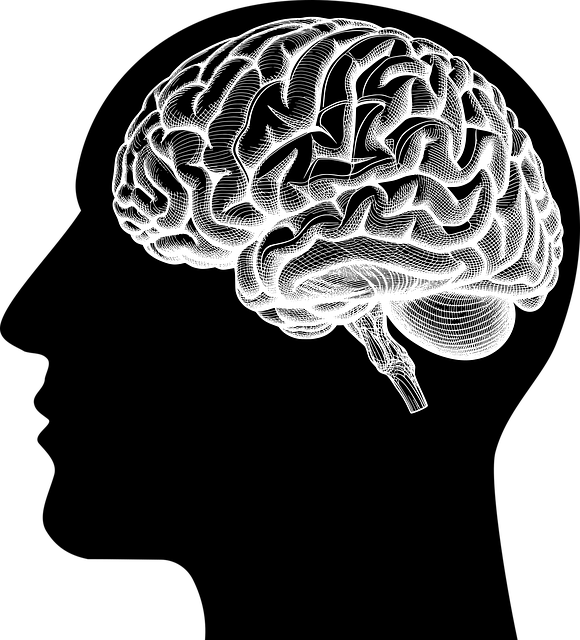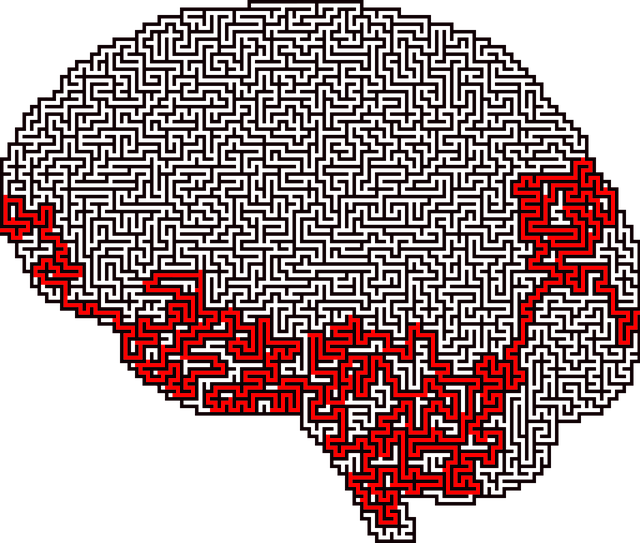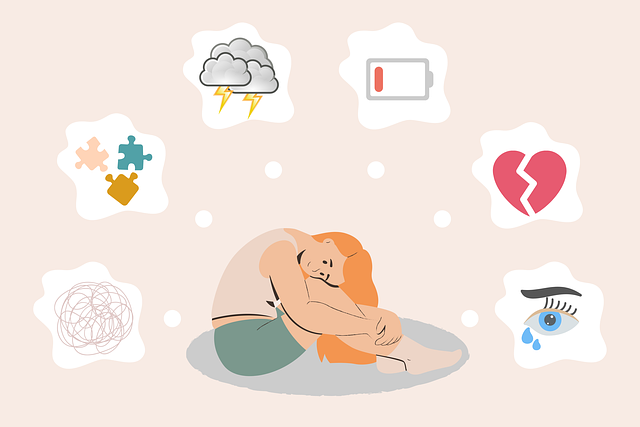Public awareness campaigns targeting mental health in vulnerable children emphasize stigma reduction, early intervention, and therapy access. Integrating evidence-based practices like DBT equips kids and caregivers with coping skills. Effective communication strategies build trust through community outreach, empowering families to recognize distress signs. DBT, tailored for young minds, enhances emotional intelligence, reduces anxiety, and promotes personal growth. Strategic initiatives focus on early intervention, parent education, and risk management planning in schools. Challenges in reaching diverse communities demand tailored strategies like Crisis Intervention and partnerships with local leaders. Success is measured through KPIs tracking awareness, therapy access, and community attitudes towards mental health.
Public awareness campaigns play a pivotal role in shaping societal attitudes towards mental health, with young children’s well-being being a critical focus. This article delves into effective strategies for these initiatives, highlighting the significance of dialectical behavioral therapy (DBT) as a powerful tool to support children’s mental health.
We explore how tailored campaigns can overcome implementation challenges and provide measurable outcomes, ensuring DBT techniques are accessible and impactful. By understanding these approaches, we contribute to a thriving community that prioritizes young minds’ resilience and overall well-being.
- Understanding Public Awareness Campaigns for Mental Health
- The Role of Dialectical Behavioral Therapy in Children's Well-being
- Strategies for Designing Effective Young Children's Mental Health Initiatives
- Overcoming Challenges in Implementing Community Outreach Programs
- Measuring Success: Evaluating the Impact of Public Awareness Campaigns
Understanding Public Awareness Campaigns for Mental Health

Public awareness campaigns play a pivotal role in shaping societal perceptions and fostering understanding around mental health issues, especially among vulnerable populations like young children. These initiatives aim to dispel stigma, promote early intervention, and encourage seeking appropriate therapy for kids struggling with emotional or behavioral challenges. By integrating evidence-based practices such as Dialectical Behavioral Therapy (DBT), campaigns can equip both children and their caregivers with essential coping skills and self-awareness exercises.
Effective communication strategies within these campaigns are crucial for delivering complex information in accessible formats. Community outreach programs, for instance, offer face-to-face interactions that build trust and encourage open discussions about mental health. Through workshops, educational events, and personalized support, these initiatives empower families to recognize signs of distress and take proactive steps toward healing, ensuring a healthier and more resilient future for young minds.
The Role of Dialectical Behavioral Therapy in Children's Well-being

Dialectical Behavioral Therapy (DBT) is a powerful tool for promoting the well-being of young children, offering a unique approach to mental health support. This form of therapy focuses on teaching children essential skills to manage their emotions, reduce distress, and improve their overall coping abilities. By integrating DBT techniques, professionals can provide effective crisis intervention guidance, helping kids navigate challenging situations with increased resilience.
Incorporating DBT into therapeutic practices enhances a child’s emotional intelligence, enabling them to understand and regulate their feelings effectively. This is particularly beneficial in managing anxiety relief, as it empowers children to confront and overcome anxious thoughts and behaviors. Through structured lessons and individualized support, DBT fosters personal growth, ensuring that young individuals develop the necessary tools to thrive in various aspects of their lives.
Strategies for Designing Effective Young Children's Mental Health Initiatives

Designing initiatives for young children’s mental health requires a strategic approach that caters to their unique needs and developmental stages. Effective campaigns should focus on early intervention, as mental health issues can emerge at a tender age. One proven strategy is integrating Therapy for Young Children, such as Dialectical Behavioral Therapy (DBT), which has shown remarkable results in managing anxiety relief and promoting emotional regulation skills. By tailoring these therapies to a child’s age and context, mental health professionals can foster a sense of safety and encourage healthy coping mechanisms.
Community outreach programs play a pivotal role in raising awareness about children’s mental health. These initiatives should involve educating parents, caregivers, and educators on the signs of common mental health challenges in young children. Through interactive workshops and accessible resources, communities can empower themselves to create supportive environments. Risk management planning is also essential; professionals should guide schools and families on strategies to mitigate risks and provide timely interventions, ensuring a comprehensive approach to supporting young minds’ overall well-being.
Overcoming Challenges in Implementing Community Outreach Programs

Implementing community outreach programs, especially those focused on mental health initiatives like Therapy for Young Children and Dialectical Behavioral Therapy, can be challenging. One significant hurdle is reaching diverse communities, ensuring that services are accessible and culturally sensitive. Many regions face barriers due to language differences, socioeconomic disparities, and a lack of trust in healthcare systems.
Overcoming these challenges requires tailored strategies. Crisis Intervention Guidance can play a pivotal role by offering immediate support and education. Stress Reduction Methods and promoting Positive Thinking can empower community members to take charge of their mental well-being. Building strong partnerships with local organizations and leaders is crucial for navigating these complexities, fostering a more inclusive environment, and ultimately improving public awareness and access to essential services.
Measuring Success: Evaluating the Impact of Public Awareness Campaigns

Measuring success is a vital aspect of evaluating the impact of public awareness campaigns, especially when addressing sensitive topics like therapy for young children and trauma support. The effectiveness of such initiatives can be assessed by tracking key performance indicators (KPIs) that align with the campaign’s objectives. For instance, if the focus is on promoting Dialectical Behavioral Therapy (DBT) as a stress reduction method for kids, successful campaigns should see an increase in parental awareness and understanding of DBT, leading to more children receiving access to this therapy.
Additionally, emotional healing processes can be gauged by measuring changes in community attitudes towards mental health discussions and the utilization of available trauma support services. By collecting data through surveys or feedback forms, campaign organizers can identify gaps in knowledge, pinpoint areas for improvement, and make data-driven adjustments to enhance future campaigns. This iterative process ensures that public awareness efforts remain relevant, effective, and aligned with the evolving needs of those seeking therapy for young children and related emotional healing processes.
Public awareness campaigns play a pivotal role in addressing mental health issues, especially among young children. By utilizing strategies that incorporate Dialectical Behavioral Therapy (DBT), initiatives can effectively promote well-being and overcome challenges in community outreach. Measuring the impact of these campaigns is crucial to evaluating success and refining approaches, ultimately leading to improved mental health outcomes for children. This comprehensive exploration highlights the importance of public awareness in destigmatizing mental health conversations and fostering a healthier future for our youth.











